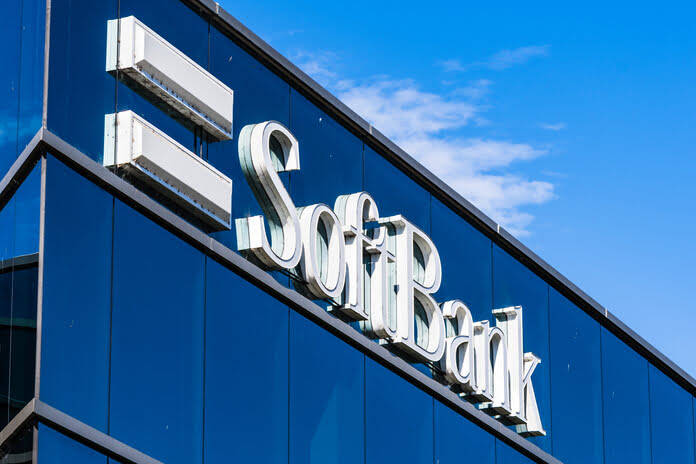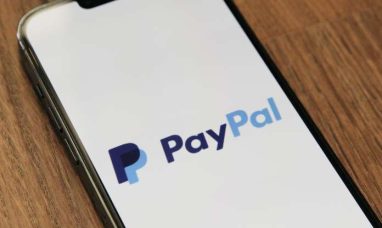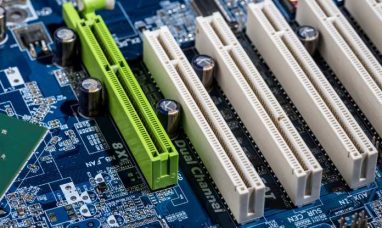Masa, founder and CEO of SoftBank Group (TICKER:SFTBY), provided Jack Ma with a $20 million seed investment when he founded Alibaba Group Holding (NYSE:BABA) in 2000, making it one of the top venture investments of all time. This wager has yielded enormous profits. Even after selling a portion of its Alibaba shares, SoftBank still holds $34 billion worth of Alibaba stock. Masa has not ceased placing large wagers since then.
The SoftBank Vision Fund
The SoftBank (TICKER:SFTBY) Vision Fund, the largest venture-capital portfolio ever, was established in 2017 due to Son’s reputation as an investment gunslinger. Masa targeted the $100 billion Vision Fund on companies positioned to profit from the mass adoption of software employing artificial intelligence.
The method has experienced wild ups and downs, as evidenced by SoftBank’s stock price. In July 2019, less than two years after Barron’s featured SoftBank (TICKER:SFTBY) in a positive cover story, the stock had more than doubled as tech valuations surged and the company aggressively repurchased shares. The company has lost around 13% of its value since our piece was published, as a result of failed bets and a larger decline in technology equities.
The Vision Fund and its smaller successor, Vision Fund 2, have invested in 47 public companies, including DoorDash DASH (NYSE:DASH), Uber Technologies (NYSE:UBER), Qualtrics International XM (NASDAQ:XM), and Slack, which was eventually acquired by Salesforce (CRM). But there have also been embarrassing blunders, such as a massive overcommitment to WeWork (NYSE:WE) that resulted in billions of dollars in losses and an investment in financial-technology lender Greensill, which has since folded and ceased operations. This year’s tech stock bear market has been SoftBank’s hardest test to date of its core concept that bigger is better when it comes to investing in startups.
This past week, SoftBank (TICKER:SFTBT) reported a $24 billion loss, including approximately $20 billion in combined Vision Fund losses.
On a total investment of $87.7 billion, the challenging quarter reduced the cumulative return on Vision Fund 1 by roughly a third, to $20.4 billion.
Vision Fund 2, which was established in 2019, has sustained a cumulative loss of $9.3 billion on $49.1 billion in assets.
SoftBank’s underlying asset value has generally always been far higher than its stock price, which has been one of the most frustrating aspects for investors. SoftBank owns chip design firm Arm Holdings; stakes in T-Mobile US (TMUS) and Deutsche Telekom DTE +0.09% (DTE.Germany); a substantial minority stake in SoftBank Corp, a wireless telecom provider; the asset-management firm Fortress Group; a Japanese baseball team; its stake in Alibaba(NYSE:BABA); close to $35 billion in cash; and various other assets. And this is excluding the two Vision Funds: The corporation provided a portion of the initial Vision Fund’s capital and all of Vision Fund 2’s cash. SoftBank’s net asset value at the end of the June quarter was $139 billion, roughly double its current market value.
At a news conference last week, Masa expressed regret for the poor results. “I am quite embarrassed and remorseful.” The company’s funds have decreased the rate at which they make new investments. In an interview, Masa added that “Investors still don’t trust our ability to continuously make good upside. We have to prove ourselves in the next few years.”
Featured Image: Megapixl @Andreistanescu















